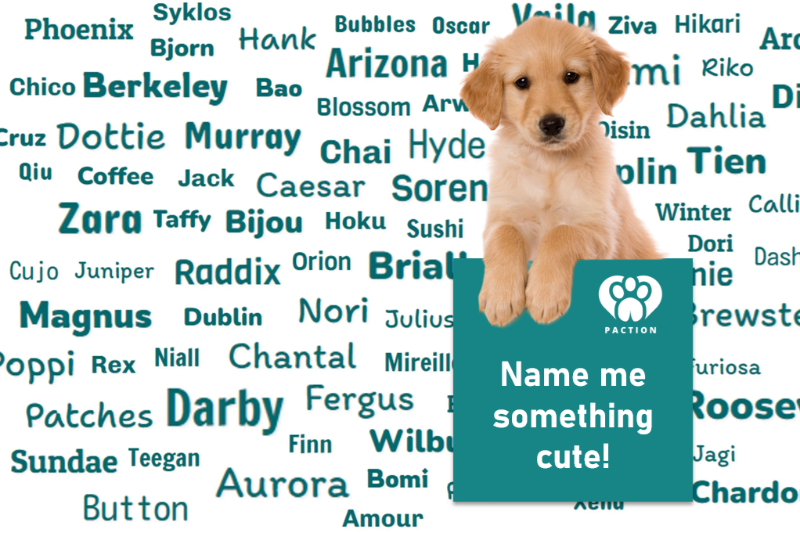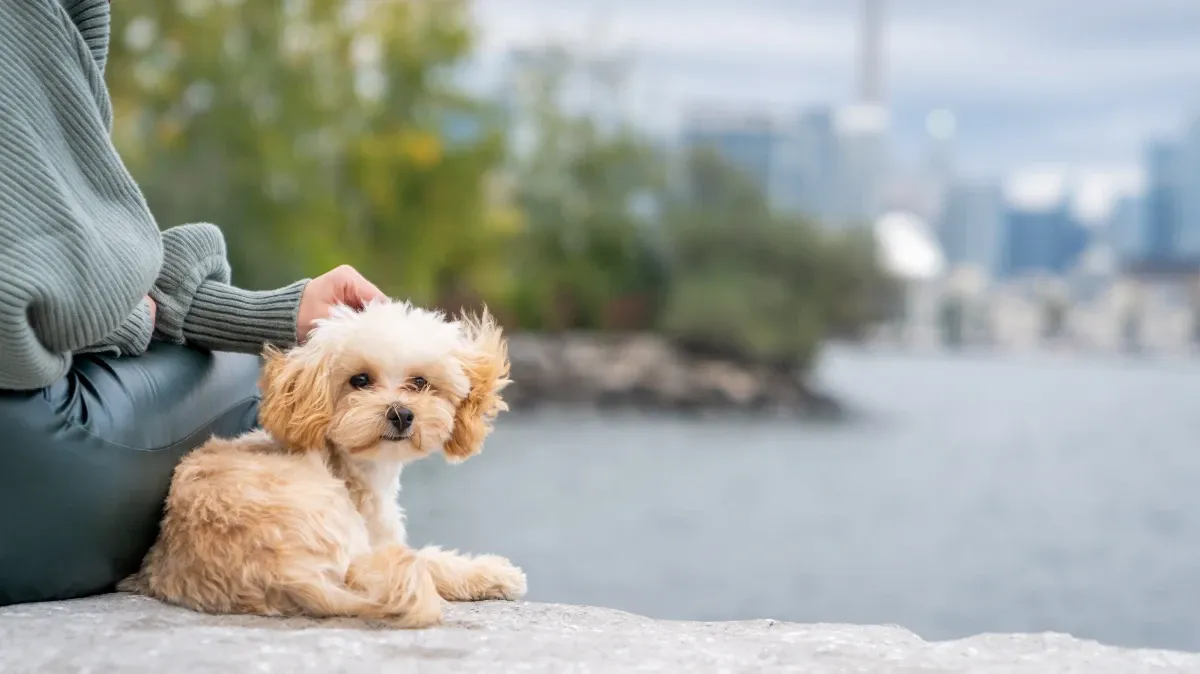Akita
Paw Prints 🐾





 Find Reputable Breeders Near You
Find Reputable Breeders Near You
Browse Reputable Breeders who meet Paction's Certification standards.
Search for a PupGet to Know Akitas
- Noble and Ancient Origins: The Akita is a breed with ancient roots in Japan, where they were originally bred as hunting dogs for large game such as bears, boars, and deer. They were highly valued by Japanese nobility and often symbolized strength, loyalty, and bravery.
- Protective and Loyal: Akitas are known for their intense loyalty and protective nature. They are fiercely devoted to their families and are often reserved or aloof around strangers. This loyalty has made them excellent guard dogs and loyal companions.
- Hachiko’s Legacy: One of the most famous Akitas in history is Hachiko, a dog who became a national symbol of loyalty in Japan. Hachiko waited every day at a train station for his deceased owner to return for nearly ten years, a story that has been commemorated in statues, films, and books.
- Double Coat: Akitas have a thick double coat that helps protect them from cold weather. Their coat is made up of a soft undercoat and a harsher outer coat, which requires regular grooming to manage shedding, particularly during seasonal changes.
- Independent and Strong-Willed: Akitas are known for their independent and strong-willed nature. While they are intelligent and can be trained, they require a firm, consistent hand and early socialization to ensure they become well-adjusted adults. Their independence means they may sometimes be stubborn, but with the right approach, they make loyal and loving companions.
Breed History
The Akita is a large, powerful dog breed that originates from Japan. Known for its historical significance and deep cultural roots, the Akita was initially bred for hunting large game such as boar, deer, and even bears. This noble breed dates back centuries and is deeply associated with the mountainous regions of northern Japan. The Akita's strong hunting and guarding instincts made it an indispensable companion for hunters and farmers. The breed's name comes from the Akita Prefecture in northern Honshu, Japan, where it was first developed. The Akita was revered in Japanese culture, often seen as a symbol of good health, happiness, and long life. In fact, the Akita is considered a national treasure of Japan and is highly regarded for its loyalty and dedication. The famous story of Hachiko, an Akita who waited at the train station for his deceased owner every day for over nine years, exemplifies the breed's remarkable loyalty and has cemented the Akita's place in Japanese folklore.
Personality and Behaviour
- Loyal: The Akita's loyalty is legendary and one of the breed's most cherished traits. This breed forms an extremely strong bond with its family and is devoted to its human companions. The Akita tends to be reserved and aloof with strangers, preferring to stay close to those they trust. This loyalty is coupled with a strong sense of protection, making the Akita an excellent watchdog and guardian.
- Protective: An Akita’s protective nature is evident in its behavior around its home and family. It has an innate sense of duty to guard and will not hesitate to defend its territory or loved ones from perceived threats. This vigilance means that an Akita needs to be socialized and trained early to distinguish between normal and threatening situations, as it may otherwise become overly territorial.
- Intelligent: Akitas are highly intelligent dogs that require mental stimulation and engagement. While they are quick to learn new tasks and commands, they also have an independent streak. This can make training a challenge if not approached with patience and consistency. Their intelligence, paired with a strong will, means that they need an experienced owner who can provide them with clear leadership and structure.
Care
- Exercise: Akitas are active dogs with a natural hunting and working instinct, so they require regular, daily exercise to stay healthy and happy. They thrive with long walks, jogging, or play sessions in a secure yard. However, their exercise needs are moderate compared to some other high-energy breeds. Due to their independent and sometimes aloof nature, Akitas do best with structured activities that engage both their body and mind. Lack of sufficient exercise can lead to boredom and behavioral issues, including excessive barking or destructive behaviors.
- Grooming: Akitas have a dense double coat that requires regular grooming to keep it in good condition. Their coat sheds seasonally, with heavier shedding in the spring and fall. During these times, daily brushing is recommended to manage the shedding and reduce loose hair around the home. Outside of shedding seasons, brushing 2–3 times a week is sufficient to remove dead hair and maintain a healthy coat. Bathing should be done only when necessary, as frequent bathing can strip their coat of natural oils. In addition to grooming their coat, Akitas need routine dental care, nail trimming, and ear cleaning. Their ears should be checked regularly for signs of infection or dirt buildup.
- Training and Socialization: Akitas are independent, intelligent, and strong-willed, making early training essential. Positive reinforcement works best, as harsh methods can lead to resistance. Socialization from a young age is important to curb their natural aloofness and ensure they are comfortable around people and other animals. With consistent training and early exposure to different environments, Akitas can become confident, well-behaved dogs that are both loyal and protective.
Akita Summary
What to ask your breeder?
Here’s a short summary of what you should be asking your breeder:
Akita Health Testing
| Screening | Considerations |
|---|---|
| Hip Dysplasia | OFA Radiographic Hip Evaluation. PennHIP Evaluation. |
| ACVO Eye Exam | Eye Examination each year until 6, thereafter every 2 years. |
| Autoimmune thyroiditis | Autoimmune Thyroditis Evaluation from an approved Lab. |
| Elbow Dysplasia | (Optional but recommended) OFA Radiographic Elbow Evaluation. |
| Patellar Luxation | (Optional but recommended) Veterinary Evaluation of Patellar Luxation. |
How Much Does It Cost to Own an Akita Per Year?
Determining the cost of owning an Akita is essential for responsible dog ownership. Use our calculator to estimate expenses, including food, grooming, veterinary care, and more.
The Ultimate Dog Cost Calculator
 Calculate Now
Calculate Now

